Your basket is currently empty!
Solar Panels
Filter & Sort
Filter by Price
£2,999 — £17,499
Start Your Solar Project Today
Best Solar Panels & Battery Storage Installation Deals
We price match too!
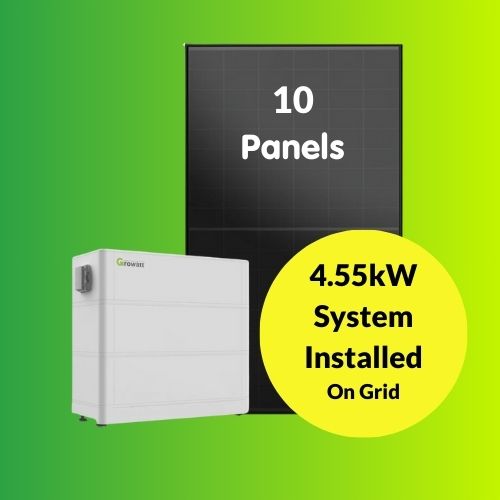
10 Solar Panels & Battery Storage 4.55kw System
Original price was: £16,199.00.£14,649.00Current price is: £14,649.00.

10 Solar Panels 4.3kw System Installed On Grid
Original price was: £10,600.00.£8,599.00Current price is: £8,599.00.
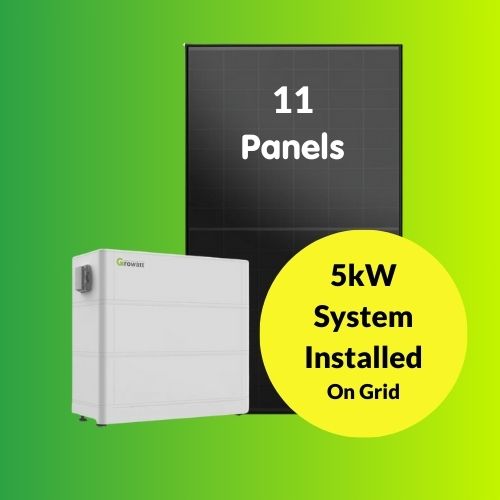
11 Solar Panels & Battery Storage 5kw System Installed On Grid
Original price was: £16,499.00.£14,799.00Current price is: £14,799.00.
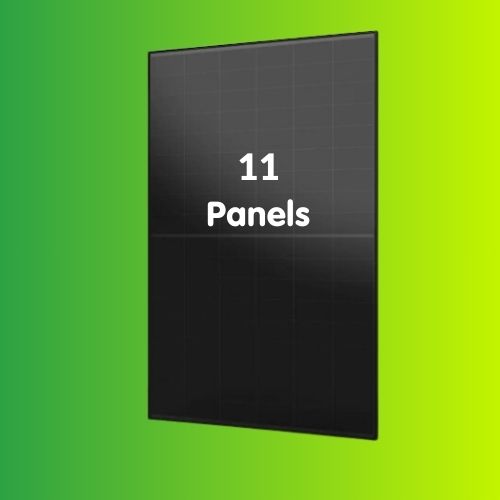
11 Solar Panels 4.7kw System Installed On Grid
Original price was: £10,800.00.£8,799.00Current price is: £8,799.00.
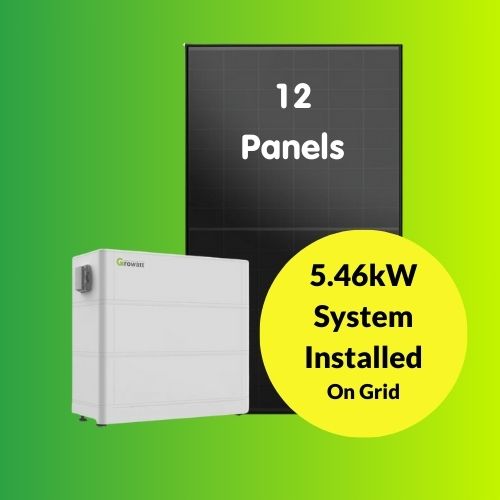
12 Solar Panels & Battery Storage 5.46kw System Installed On Grid
Original price was: £16,799.00.£14,949.00Current price is: £14,949.00.
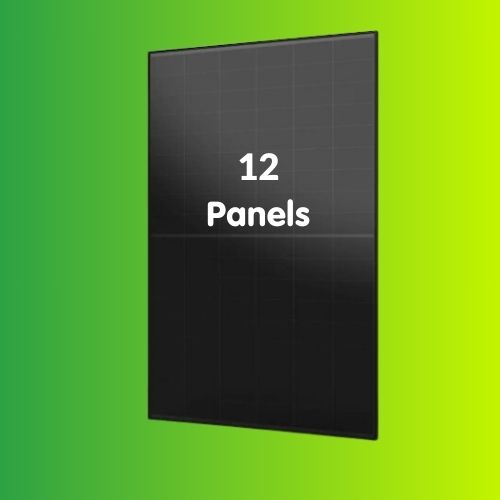
12 Solar Panels 5.1kw System Installed On Grid
Original price was: £11,000.00.£8,999.00Current price is: £8,999.00.
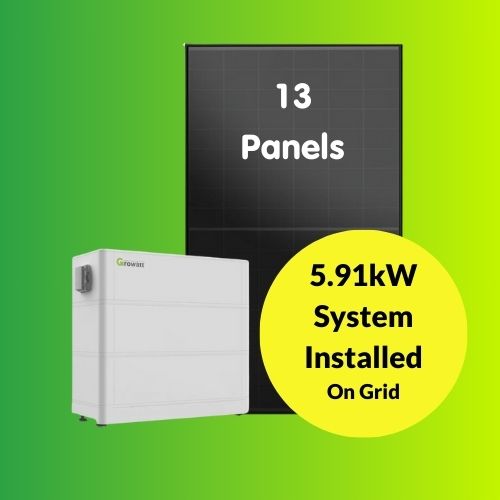
13 Solar Panels & Battery Storage 5.91kw System Installed On Grid
Original price was: £16,999.00.£15,099.00Current price is: £15,099.00.
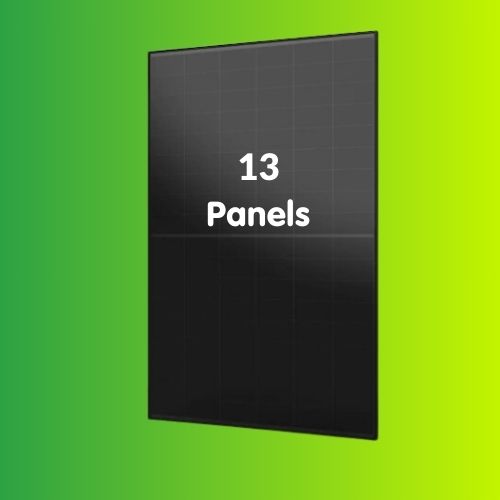
13 Solar Panels 5.5kw System Installed On Grid
Original price was: £11,200.00.£9,199.00Current price is: £9,199.00.
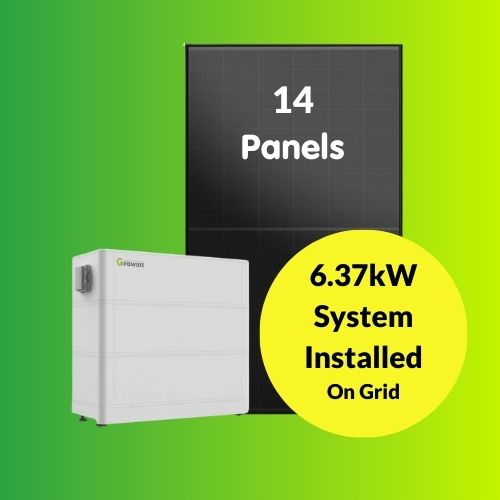
14 Solar Panels & Battery Storage 6.37kw System Installed On Grid
Original price was: £17,199.00.£15,429.00Current price is: £15,429.00.
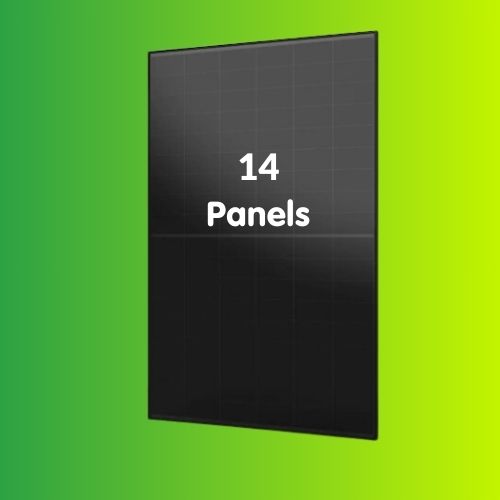
14 Solar Panels 6kw System Installed On Grid
Original price was: £11,400.00.£9,399.00Current price is: £9,399.00.
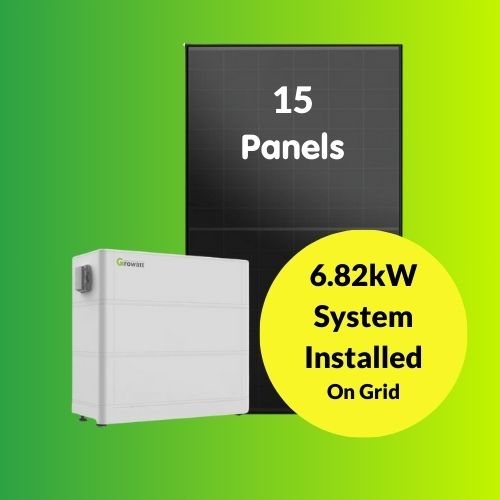
15 Solar Panels & Battery Storage 6.82kw System Installed On Grid
Original price was: £17,399.00.£15,399.00Current price is: £15,399.00.

15 Solar Panels 6.4kw System Installed On Grid
Original price was: £11,600.00.£9,599.00Current price is: £9,599.00.
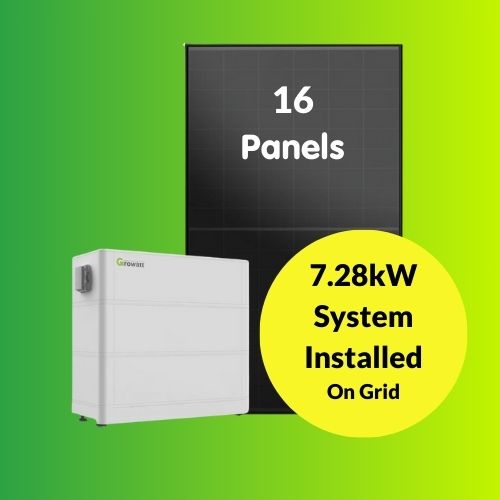
16 Solar Panels & Battery Storage 7.28kw System Installed On Grid
Original price was: £17,699.00.£15,549.00Current price is: £15,549.00.

16 Solar Panels 6.8kw System Installed On Grid
Original price was: £11,800.00.£9,799.00Current price is: £9,799.00.
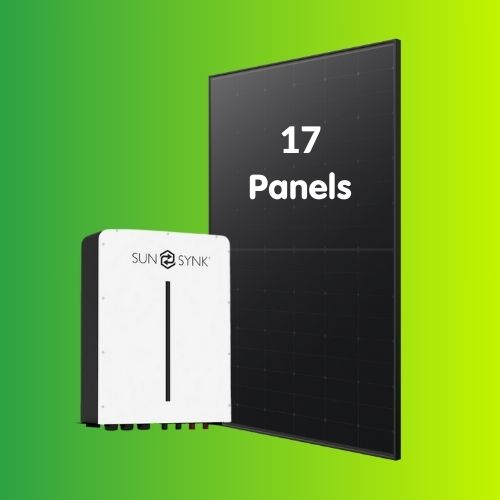
17 Solar Panels & Battery Storage 7.3kw System Installed On Grid
Original price was: £16,599.00.£15,849.00Current price is: £15,849.00.
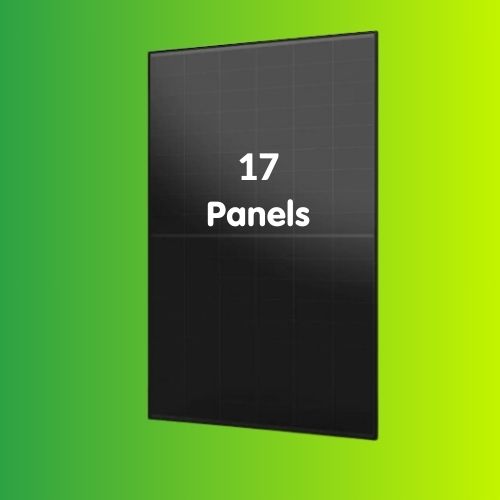
17 Solar Panels 7.3kw System Installed On Grid
Original price was: £12,000.00.£9,999.00Current price is: £9,999.00.
Solar Panels Fitted On Grid for UK Homes
Get ready to power your home with energy that’s good for your wallet and great for the planet! At Green Central, our premium solar panels that we fit are built for reliability, efficiency, and sustainability – perfect for the roofs of UK homes looking to make the smart switch to lower electricity bills. From saving money with the Smart Export Guarantee to reducing your carbon footprint, our solar panels are the answer for eco-conscious homeowners looking to embrace sunlight and make a positive impact.Solar Panels for Your Home Key Benefits
-
Save on Electricity Bills: Our solar panels convert sunlight into solar electricity, significantly reducing or even eliminating your monthly energy costs. With the Smart Export Guarantee (SEG), you can also earn money by selling excess energy back to the grid.
-
Eco-Friendly Living: Make a positive impact on the environment. By opting for solar energy through photovoltaic panels, you reduce your carbon footprint, helping combat climate change one panel at a time.
-
Attractive Financing Options: Whether you prefer to pay upfront or spread the cost over time, we offer flexible financing solutions to fit your budget. Plus, take advantage of our current offer of free solar panels with installation for every 3rd panel.
How Solar Panels Work
Our UK solar PV panel technology captures sunlight and transforms it into solar electricity for your home. It’s simple, efficient, and with our high-quality panels, you’ll enjoy:
-
High Efficiency: Our panels are designed to maximise energy production even on overcast days.
-
Durability: Built to withstand the UK weather, with a warranty that gives you peace of mind.
Solar Panels Installation and Support
-
Pre-Installation Assessment: Schedule your free home video assessment to check if solar is right for your property.
-
Professional Installation: Our experts will handle everything, from design to installation, ensuring minimal disruption.
-
Post-Installation Support: Enjoy ongoing support, including system monitoring and maintenance, to keep your solar panels performing at their best.
Your Journey to Solar:
-
Book a Free Solar Assessment: Tailored to your home’s specifics.
-
Customise Your Solution: We’ll design the perfect solar system for you.
-
Installation: Quick, efficient, and handled by our certified professionals.
-
Enjoy the Benefits: Lower bills, SEG payments, and a sustainable lifestyle.
Ready to Switch to Solar?
Get started with a free, no-obligation assessment today and see how much you could save while helping the planet. Embrace new UK solar energy – the future of power for your home.
Our Solar Panels and Finance
- Explore Funding Options – Contact your UK energy supplier to inquire about potential financial support and funding available through government schemes for your solar panels & installation costs.
- Flexible Finance to Suit You – We believe everyone should have access to green energy. With our solar panel finance options, you can pay monthly to suit your budget, ensuring you get a high-quality solar inverter and system without upfront expense.
- No Upfront Costs, Instant Benefits – Why wait to enjoy the benefits of solar power? Our finance options mean you start saving right away, so you get instant value with no upfront cost.
Be Green & Check Out Our New Solar Panels & Systems Now
Switch to Green Central’s top performing UK solar panels today. Save your bills, add value to your home and make a real impact on the planet. Power your home and the planet – go green with Green Central!Frequently Asked Questions:
How much do solar panels cost?
Generating solar electricity is free, however, the cost of solar panels can vary widely based on several factors including system size, panel type, installation complexity, and location.
Whilst prices vary from panel to panel, currently, the average cost for a residential solar panel system in the UK ranges from £5,000 to £10,000 for a typical 4kW system, ideal for an average three-bedroom home.
How many solar panels do I need?
It depends on your home’s energy consumption and roof space. Our assessment will give you a precise answer.





